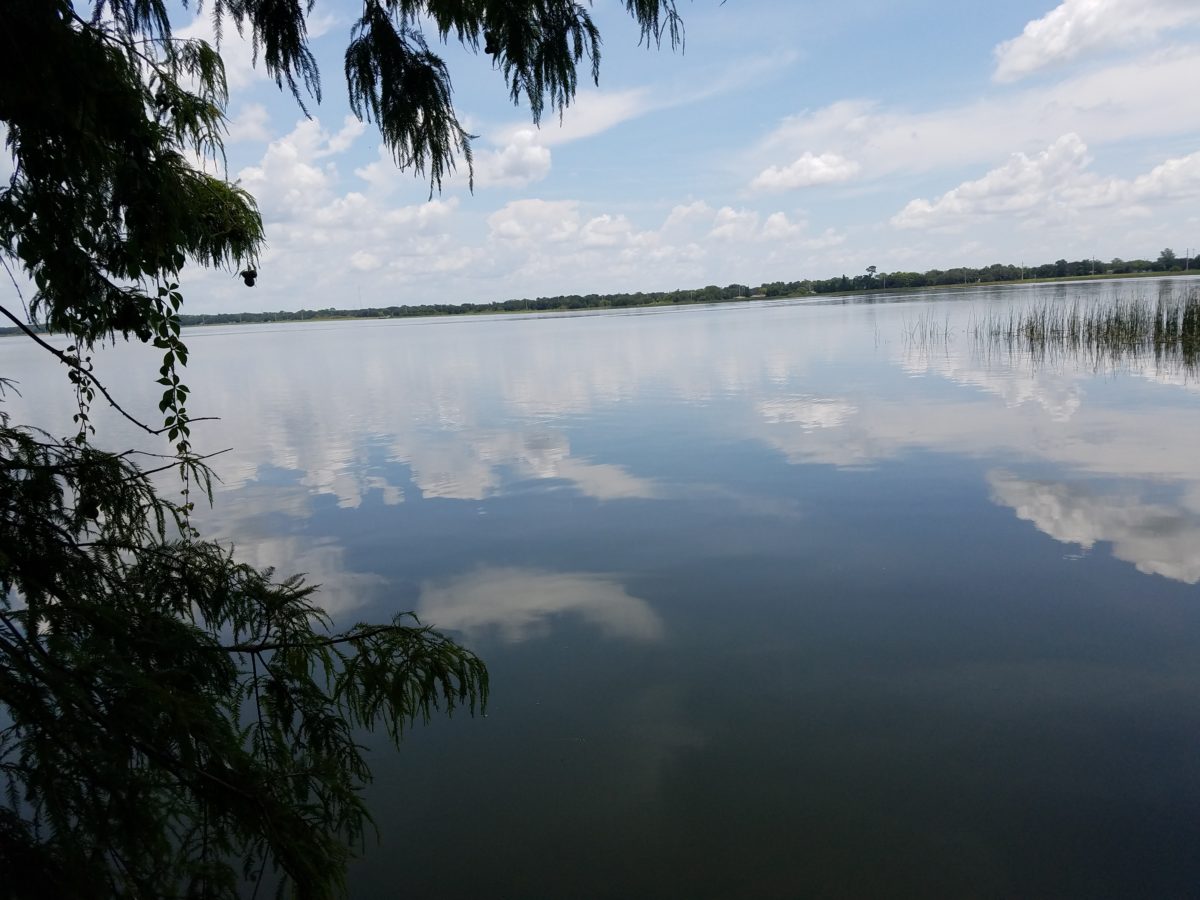For the first time ever, water is now traded on the US Chicago Mercantile Exchange stock market! You can find out more here and here.
News
WHO updates Toxic Cyanbacteria in Water – GEO AquaWatch is referenced!
The World Health Organization just released an updated 2021 version of “Toxic Cyanobacteria in Water.” A new addition to the WHO methods book is satellite remote sensing! (see Chapter 11 specifically). You may find this OPEN ACCESS publication under Toxic Cyanobacteria in Water | Taylor & Francis Group.
Job Opportunity: Research Support Officer – UNEP GEMS/Water
The UNEP GEMS/Water Capacity Development Centre, University College Cork, Ireland, seeks to recruit a Research Support Officer to provide expertise, technical and administrative support and for the development of a product platform for the delivery of capacity development on behalf of the Centre in its role in the World Water Quality Alliance.
all those that may be interested can apply for the post via the following link: https://www.joshswaterjobs.
Inland Surface Water Detection and Monitoring Algorithm Round Robin
Call for expressions of interest for participation in a Round Robin inter-comparison of inland surface water detection and monitoring algorithms using Sentinel-1, Sentinel-2 and Landsat 8 imagery in support of SDG 6.6, organized by ESA and the WorldWater project with support from CNES, NASA, EARSC, CEOS and GEO: https://worldwater.earth/elementor-4282/
FREE L3 sponsored Spectral Sessions – January 27/February 3/February 10!
With just ONE WEEK to go, we’re putting the finishing touches on Spectral Sessions to make sure that it’s an event you won’t want to miss!
Join us next Wednesday, January 27th, for a half day of spectral experts discussing topics like “How to Meet the Need for Spectral Expertise,” “Mapping and Monitoring the Coasts,” and “The Future of Spectral.”
Spectral Sessions also includes two one-hour “breakout sessions” that will be held on February 3rd and February 10th. In these sessions you’ll get a deeper dive on the basics of hyperspectral data and how you can take your data to the next level.
Not sure if you can attend the entire event or not able to follow the event live because of the time difference? Register anyway and you will receive access to the recordings.
Learn more about everything that’s included as part of this FREE event and register today.
REGISTER TODAY
Questions? Email us at geospatialinfo@L3Harris.com.
Spectral Sessions
brought to you by L3Harris
January 27
Experts from the following organizations will be speaking:
– USGS
– NGA
– Maxar
– San Diego St University
– WWF
– George Mason University
– US Army
– Miami University
– SaraniaSat
– Orbital Sidekick




